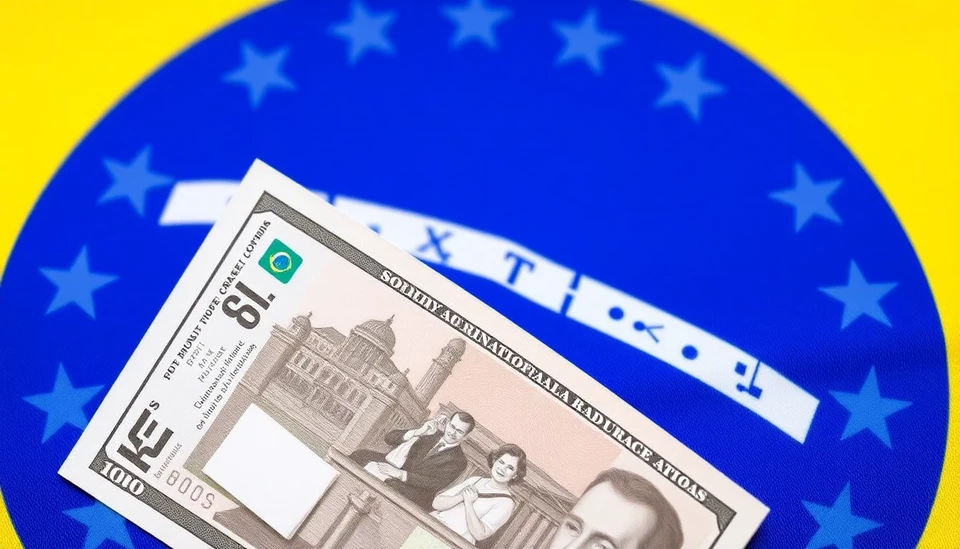
Brazilian inflation rates have soared beyond predictions, raising concerns among investors who are now eagerly awaiting potential government measures aimed at controlling expenditures. The latest figures show that inflation in Brazil has reached levels that exceed analysts' expectations, prompting a wave of speculation regarding the government's fiscal strategies moving forward.
According to recent data, the annual inflation rate in Brazil climbed to 5.5%, a troubling increase that has alarmed both economists and financial markets. This rise in inflation is being attributed to several factors, including surging energy prices and persistent food cost hikes. These elements have exacerbated the cost of living, placing additional pressure on the Brazilian government to act swiftly.
Investors are particularly focused on the potential for spending cuts by President Luiz Inacio Lula da Silva’s administration, as the government grapples with the challenge of balancing economic growth with fiscal responsibility. With Brazil facing economic challenges, including sluggish growth and high public debt, the prospect of reinforced budgetary discipline has become a critical topic of conversation. During previous discussions, Lula indicated a commitment to reducing expenditures; however, the specifics of these cuts remain largely under wraps, creating uncertainty in the markets.
Market analysts are keeping a watchful eye on the upcoming fiscal announcements, as these will signal the direction the Brazilian government intends to take regarding its economic policies. The Brazilian Central Bank’s future moves are also under scrutiny, particularly concerning interest rates, which might be influenced by the latest inflation trends.
Aside from inflation rates, external economic pressures are influencing the situation. Fluctuations in international commodity prices and shifts in foreign currency exchanges are factors that further complicate Brazil’s economic landscape. Analysts argue that to stabilize inflation and restore investor confidence, the Brazilian authorities will need to implement decisive and well-communicated fiscal measures.
The urgency for governing bodies to respond to these inflationary pressures is heightened by global economic trends and predictions. If inflation in Brazil continues to rise unchecked, it could lead to far-reaching consequences for both the domestic economy and foreign investment opportunities. Thus, the upcoming government strategies will be critical in shaping the economic outlook for Brazil in the near future.
As the Brazilian government prepares for the challenges ahead, all eyes will be on officials to determine effective steps to mitigate inflation and restore stability. Market participants await a clear signal from the administration, hoping for a well-structured plan to address the economic uncertainties plaguing the nation.
In conclusion, Brazil stands at a crossroads, and how effectively the government responds to this inflationary crisis will define its short-term economic health and long-term stability. Investors and analysts will continue to monitor the situation closely as they anticipate the outcome of forthcoming fiscal decisions.
#Brazil #Inflation #Investors #EconomicPolicies #MarketAnalysis #GovernmentStrategies #FiscalResponsibility
Author: Rachel Greene




